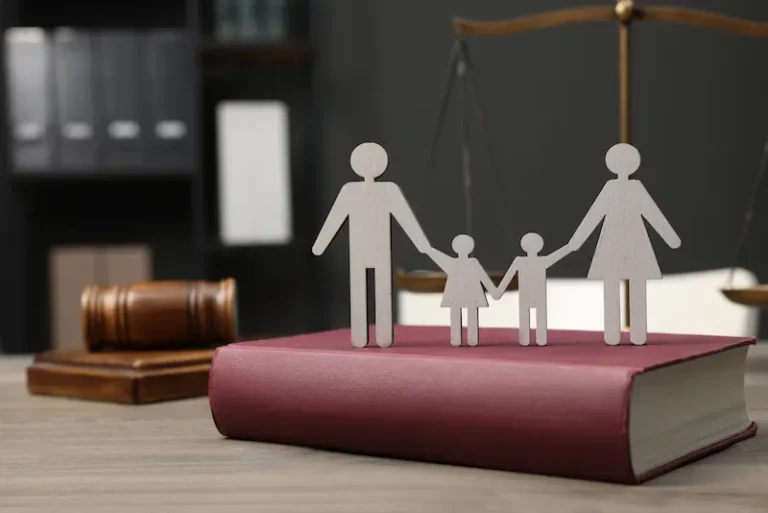
The Role of Mediation in Uncontested Divorce: A Better Way to Settle Disputes
How Mediation Can Simplify Your Divorce in Texas Divorce is rarely easy, even when both spouses agree to an uncontested process. Emotions run high, decisions can feel overwhelming, and the








